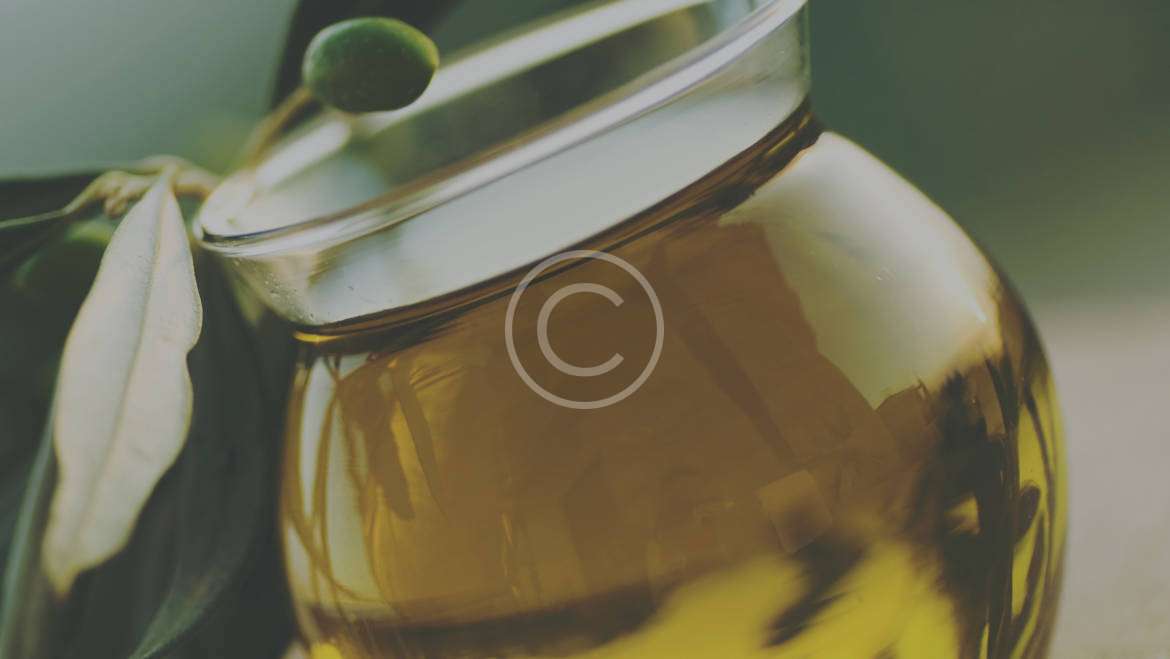Contents
- 1 The Science Behind Olive Oil
- 2 Antioxidant Power of Olive Oil
- 3 Omega-3 Fatty Acids in Olive Oil
- 4 Debunking Common Myths
- 5 Myth: All Fats Are Unhealthy
- 6 Myth: Cooking with Olive Oil Diminishes Its Benefits
- 7 Practical Tips for Incorporating Olive Oil
- 8 Use Olive Oil as a Salad Dressing
- 9 Drizzle Over Cooked Foods
- 10 Frequently Asked Questions
- 11 Is Extra Virgin Olive Oil the Best Choice?
- 12 How Much Olive Oil Should I Consume?
- 13 Conclusion
- 14
The Science Behind Olive Oil
Olive oil has been a staple in Mediterranean cuisine for centuries, and its health benefits have been widely recognized. Research has shown that the unique composition of olive oil contributes to its positive impact on heart health. The presence of monounsaturated fats, specifically oleic acid, helps reduce bad cholesterol (LDL) levels while increasing good cholesterol (HDL) levels, ultimately reducing the risk of heart disease and heart attacks.
Antioxidant Power of Olive Oil
One of the key factors that make olive oil a heart healthy choice is its abundance of antioxidants. These powerful compounds, such as polyphenols and vitamin E, play a crucial role in reducing oxidative stress and inflammation within the cardiovascular system. By neutralizing harmful free radicals, olive oil helps maintain the health and integrity of blood vessels, preventing plaque buildup and reducing the risk of heart attacks.
Omega-3 Fatty Acids in Olive Oil
While olive oil is not as rich in omega-3 fatty acids as fish oil, it still contains a small amount of this essential nutrient. Omega-3 fatty acids are known for their anti-inflammatory properties and their ability to promote healthy heart function. By incorporating olive oil into your diet, you can complement your omega-3 intake from other sources and further enhance your heart health.
Debunking Common Myths
There are several misconceptions surrounding the consumption of olive oil and its effects on heart health. Let’s address some of these myths and set the record straight.
Myth: All Fats Are Unhealthy
Contrary to popular belief, not all fats are detrimental to your health. While saturated and trans fats should be consumed in moderation, the monounsaturated fats found in olive oil are incredibly beneficial for your heart. Incorporating olive oil into a balanced diet can actually contribute to a healthier cardiovascular system.
Myth: Cooking with Olive Oil Diminishes Its Benefits
Another common myth is that the health benefits of olive oil diminish when exposed to heat during cooking. While it’s true that heating olive oil can cause some nutrient loss, its overall heart healthy properties remain intact. To minimize nutrient loss, it’s recommended to cook with extra virgin olive oil on low to medium heat and to use it in dressings or drizzled over cooked foods whenever possible.
Practical Tips for Incorporating Olive Oil
Now that we understand the science and have dispelled some myths, let’s explore practical ways to incorporate olive oil into your daily routine.
Use Olive Oil as a Salad Dressing
One of the simplest ways to enjoy the health benefits of olive oil is by using it as a base for salad dressings. Combine extra virgin olive oil with vinegar, lemon juice, herbs, and spices to create delicious and heart healthy dressings. Not only will this enhance the flavor of your salads, but it will also provide your body with the nourishment it needs to thrive.
Drizzle Over Cooked Foods
After preparing your favorite cooked dishes, add a finishing touch by drizzling extra virgin olive oil over them. Whether it’s roasted vegetables, grilled chicken, or pasta, the addition of olive oil will elevate the flavors while providing you with its heart-protective properties.
Frequently Asked Questions
Let’s address some common questions related to olive oil and heart health.
Is Extra Virgin Olive Oil the Best Choice?
Yes, extra virgin olive oil is the preferred choice when it comes to reaping the maximum benefits for heart health. It is the least processed form of olive oil and retains the highest levels of antioxidants and healthy fats.
How Much Olive Oil Should I Consume?
While individual needs may vary, it is generally recommended to consume around two tablespoons (30ml) of extra virgin olive oil per day. However, it’s essential to consider your overall calorie intake and balance it with other healthy fats in your diet.
Conclusion
In conclusion, olive oil stands as a remarkable natural remedy for preventing heart attacks and promoting overall cardiovascular health. With its unique composition, abundance of antioxidants, and positive impact on cholesterol levels, incorporating olive oil into your daily diet can significantly reduce the risk of heart disease. Remember to opt for extra virgin olive oil and explore various ways to enjoy its goodness. By embracing this golden elixir, you take a proactive step towards a healthier heart and a vibrant life.,


